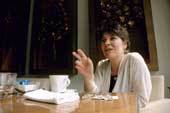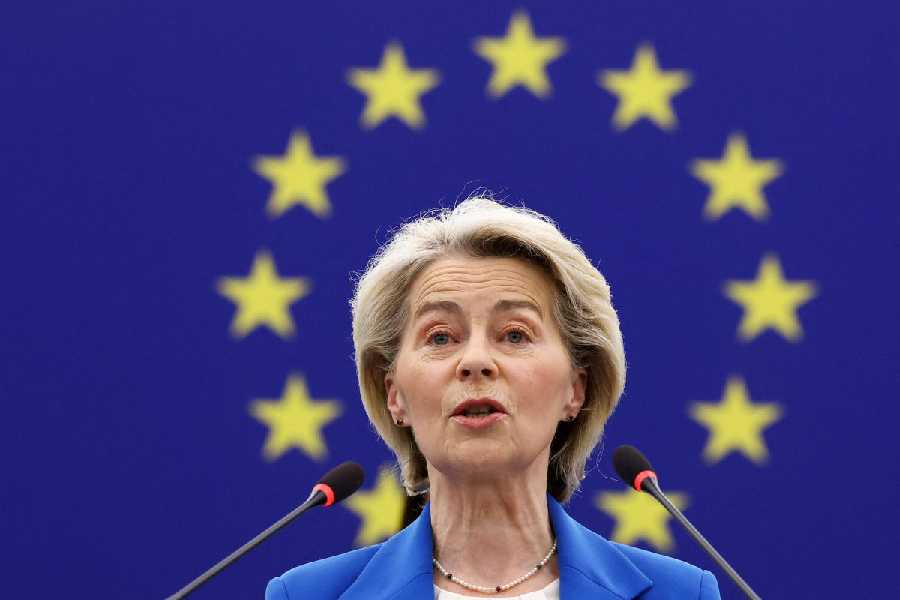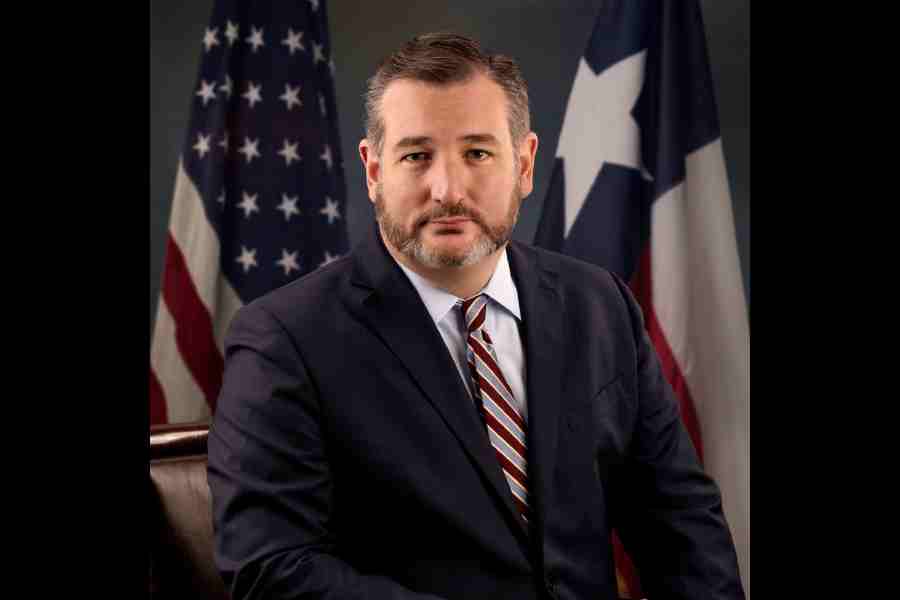 |
| Claire Fox. Picture by Sanjoy Chattopadhyaya |
A conversation with Claire Fox can be an uplifting experience. Fox addresses issues that are complex, and, in a way, ineffable: the ever shrinking public space for debate, the State’s underestimation of public intelligence, and a collective disinclination to pool in intellectual resources for problem solving. But the passion, transparency and commitment that Fox brings to her engagement with these issues stirs the mind.
Fox is the director of the Institute of Ideas, a forum to create a public space “where ideas can be contested without constraint”. Co-publisher of LM (formerly Living Marxism) magazine, she is a commentator on culture, education and the media on television and radio programmes such as BBC Breakfast and Question Time.
She is visiting Calcutta for being in the chair for the Debating Matters regional finals, which was held on Saturday. Debating Matters, an immensely popular school debate competition in Britain, is supported by Pfizer and is being presented in India by the British Council.
But there are issues other than the contest that are on Fox’s mind: New Labour’s interventionist policies in healthcare, education, and the Arts. For instance, the government, she said, instructs people on what and how much to eat, but isn’t interested in building more hospitals. The university as a fecund space, committed to explore options of dialogue and provide intellectual rigour, has also been reduced to a rostrum for lucrative professions.
As for the Arts, the market can never be an arbiter of quality, said Fox. Art in Britain is funded and supported by the government only if it is deemed to be socially useful, forcing art to be valued on a non-aesthetic ground.
“It isn’t the job of the Arts to change or even save the world,” she said. The government should limit its role to ensure real freedom for the practitioners. Fox would give a wide berth to the “insipid” middle ground territory as a possible recourse to resolve the crises.
What she demands instead is an intense, collective engagement to replace that which diminishes and destroys.
Fox’s concerns are not irrelevant to India as it isn’t immune to the pulls and pressures exerted elsewhere. What the country has to guard against, though, is replicating the flawed models of the West. One World isn’t only about nations coming closer. It is also about communities growing distant and disintegrating from within.
The term “activist”, Fox knows, is often employed to cruelly distance an advocate from a people. But she isn’t worried about cynical attempts at compartmentalising her and her work. What she would like to make clear though is that she is an activist, and not a controversialist.
She also knows what she would take with her when she leaves India. It isn’t something tangible that she will carry, but only a memory of an earlier time, of a different life.
India, with its inequities, hardships and resilience reminds Fox of her mother and her difficult life in an Irish farm. Things were tough then, much tougher than the days of organic farming. There is nothing glamorous about poverty and unequalness, she says.
She hopes that India would be able to erase both one day.










